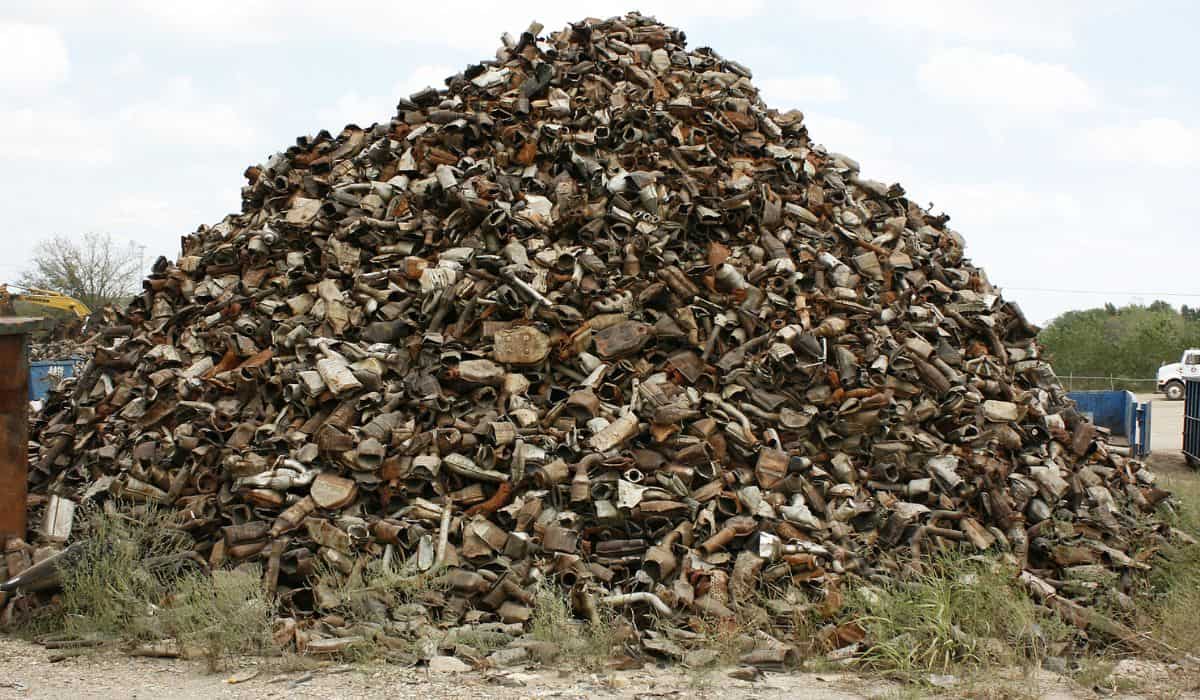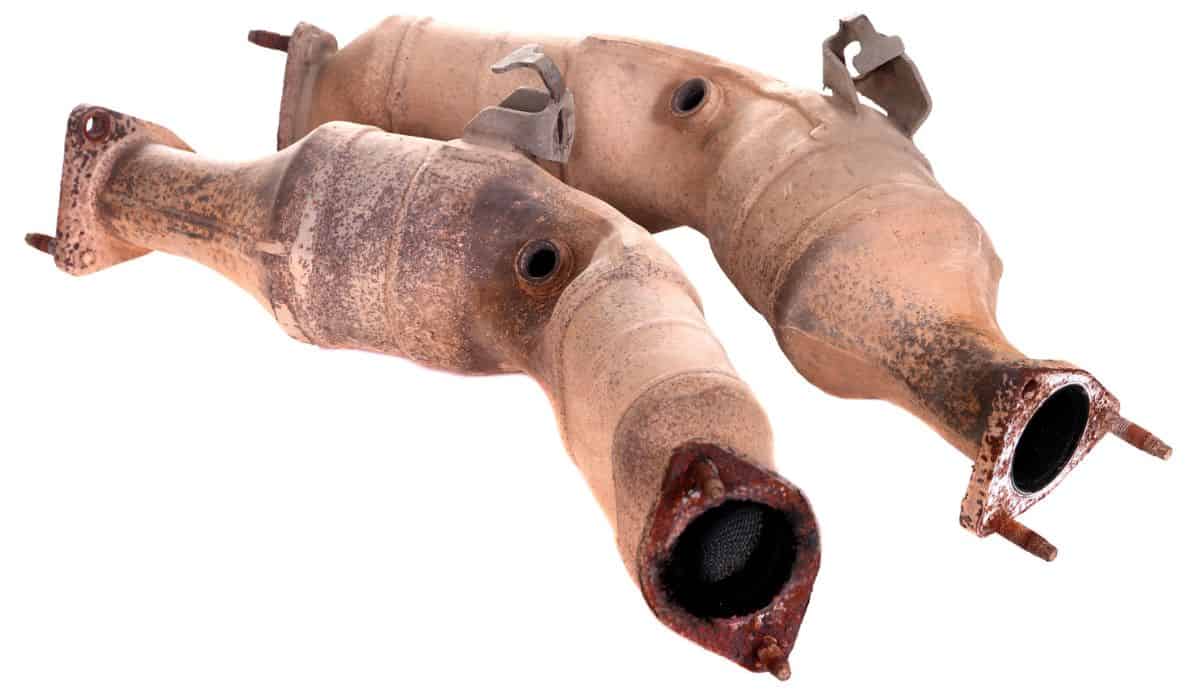Why Can’t Junkyards Sell Used Catalytic Converters? Explained
Catalytic converters break down all the time. Repairs and replacement fees can quickly add up between $800 to $3,000. Many vehicle owners use converters online or from local junkyards to offset these prices. Unfortunately, scrap yards can’t sell used catalytic converts. Why is that?

The EPA considers selling and using a second-hand converter from a junkyard violating the policy. Junkyards are liable for tampering fines and consequences if they sell converters that have not been tested or meet the EPA criteria. Advanced equipment is required to prove the converter still works.
There’s a lot to consider if you’re trying to find a used catalytic converter or looking to scrap your old model. Fortunately, we cover everything you need to know in the article below. Read on for more information.
Why Can’t Junkyards Sell Used Catalytic Converters?
The Environmental Protection Agency created several Clean Air Acts throughout the 1980s and 1990s that restricted the sale of used catalytic converters.
The EPA considers the installation of a second-hand converter from a junkyard as a violation of the policy. It’s also a violation to sell or reuse a catalytic converter unless it’s been adequately tested and labeled.
Furthermore, it’s a violation to install an untested converter from a customer, even if the customer claims that the used parts are valid.
So, why can’t junkyard sell used converters? Salvage and junk yards are liable for tampering fines and repercussions if they sell converters that have not been tested or meet the EPA criteria.
It’s uncommon for junkyards to have the necessary equipment to test used converters, and tampering laws deter many from considering it in the first place. Instead, some salvage yards remove the converters and sell them to licensed buyers or smelters to recycle the precious metals.
Can You Buy a Used Catalytic Converter Anywhere?
It’s illegal to buy or sell used catalytic converters in many states across the United States. In addition, the EPA has banned used catalytic converters that aren’t tested or labeled as replacement options.
That said, some states allow converter sales as long as they adhere to the California Air Resource Board (CARB) criteria:
- The catalytic converter is labeled with a CARB EO code that shows the components adhere to California’s requirements.
- The converter has a warranty for 50,000 miles or five years.
- The catalytic converter works with OBD monitors.
- The converter is installed following the CARB’s installation protocol.
- Works with OBD catalyst monitor systems.
It’s best to avoid purchasing used catalytic converters from online marketplaces or shady dealers to avoid unnecessary consequences.
Why Is Catalytic Converter Theft Common?
Unfortunately, catalytic converter theft from cars and trucks is prevalent, as they contain precious metals like platinum and palladium.
Catalytic converters are easy to remove from cars and can be taken off in just a few minutes, making them easy to steal and resell. The precious metals can be sold for scrap for around $50 to $300. Higher-end and newer converters can be sold for upwards of $1,500.
Catalytic converter theft is a serious issue, and it’s difficult for police to catch criminals. As a result, some car owners resort to covering the converter with metal cages or security devices to prevent theft.
In addition, insurance companies offer catalytic converter coverage options in some regions to defend against theft. However, it’s essential to be aware of the risks of catalytic converter theft, especially if you live in an area with higher crime rates.
How Much Is a Used Catalytic Converter Worth?

The price of a used catalytic converter will significantly vary depending on the make, model, market, and other factors.
That said, you can find used converters on marketplaces online for between $60 and $250 on average.
On the other hand, the average price of a new catalytic converter is typically a few thousand dollars. Prices will depend on the parts, labor costs, locations, vehicle type, and more.
Smaller vehicles have lower converter costs, closer to $1,000, while larger cargo trucks can cost upwards of $2,500 for new parts.
More Catalytic Converter Articles
- How the Size of Your Catalytic Converter Affects Your Car
- Does A New Catalytic Converter Need A Break-In Period?
- Can a Bad Catalytic Converter Cause a Car to Run Rich?
- Is Catalytic Converter Theft Covered by Geico Insurance?
- How Much Is A Catalytic Converter Worth?
- Why Can’t a Junk Yard Sell Catalytic Converters?
- Can Oil Damage a Catalytic Converter?
- Can You Clean A Catalytic Converter With Brake Cleaner?
